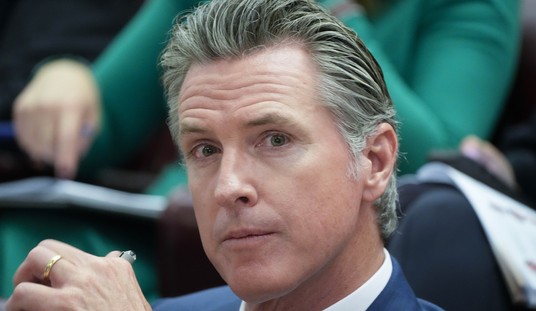On Morning Joe today the panel featured another video segment from a series of Bloomberg Politics/Purple Strategies Iowa focus group interviews in which they sought to find a broad mix of voters from each party and find out what it is they’re looking for in the upcoming presidential election. The interviews are conducted by John Heilemann (I know…) and I rather liked the idea when I first heard about it, but after seeing the results I’m not sure how informative this process has been.
This segment focused on a few different questions regarding the experience and ideology of the potential candidates, including questions of how important it is for them to be “conservative.” (Whatever that means in each of their minds.) Before getting into it, here’s the video. It’s only about five minutes long.
The first question out of the gate here has to do with experience, but the way Heilemann phrases it seems to leave the respondents rather confused. They are offered a choice of someone who knows how government works and is experienced in that way, or someone who can bring change to the system. I can sympathize with the focus group, because I wasn’t even sure what he was asking. Is experience as a Governor not “experience” in terms of being president? One woman responded by pointing to Donald Trump as a guy who has made a lot of money and could, of course, turn the economy around. Another tried to sort out the difference between experience as a governor or as a senator and finally decided they were both okay.
Perhaps more interesting is the issue of conservatism.
HEILEMANN: How many people in the room… is it important that the Republican nominee be a conservative?
Half the people on the panel raised their hands. John goes on to ask of the other half, do they want a moderate? Could they be either? Is moderate what you’re looking for?
One woman straight up says she wants a moderate, while a man on the end of the row seems to hedge on the question.
I think there’s different levels of conservatism. I mean, you’ve got the far right. If you elect someone like that, good luck. You’re going to have gridlock… the same thing. Just an elephant instead of a donkey.
I suppose the questions which come out of this for me boil down to both the media’s incentive to put their thumb on the scale and the long standing debate over definitions of various terms in the American political lexicon. First of all, how representative was this panel? I don’t even know how you go about screening people to assemble a focus group like that. If you ask them their leanings ahead of time you’ve essentially negated the value of the exercise. If you open it up to just anyone who is registered and likely to vote in the primary, but is undecided, then you might get a more honest sample.
But beyond that, it’s tough to imagine the Iowa primary crowd being that uninterested in political ideology. Half of them don’t care if the word “conservative” applies to the candidate? And of the ones that do, they seem to define conservative as being someone who is incapable of working with the other party. This isn’t to say that the other party is always worth working with, but it seems a rather reductive factor in making a decision that important. And even for the ones who raised their hand on the Big C question, are thy thinking about social issues or economic strategies or foreign policy? It would be nice if they filled out some sort of a survey after the focus group was finished to see where they fell on the spectrum and how representative they are of the primary electorate as a whole.
So what do you think? Is Iowa shifting as compared to a decade ago or are journalists just missing the mark on how to sample them?








Join the conversation as a VIP Member